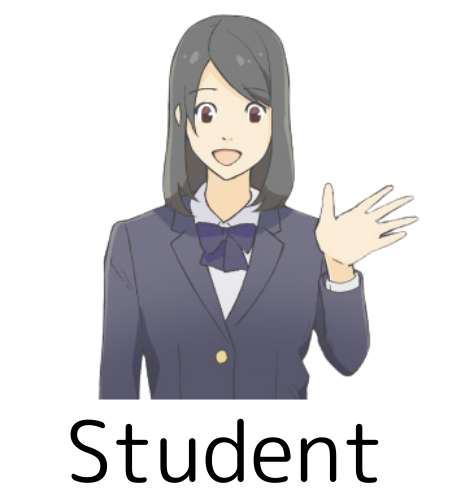Look at the picture and say the words.
えをみて、えいごでいってみよう。
E wo mite, eigode ittemiyou.
せんせいにつづいて、いってみよう。
Sensei ni tsuduite ittemiyou.
 |
 |
| JAPAN にほん |
INDIA インド |
 |
 |
| CANADA カナダ |
the PHILIPPINES フィリピン |
よんでみよう。
Yonde miyou.
せんせいのいったことをくりかえそう。
Sensei no itta koto wo kurikaesou.
 |
 She is in Japan. She is in Japan.かのじょはにほんにいます。 |
 |
 He is in India. He is in India.かれはインドにいます。 |
 |
 She is in Canada. She is in Canada.かのじょはカナダにいます。 |
 |
 He is in the Philippines. He is in the Philippines.かれはフィリピンにいます。 |
やってみよう。 ぶんしょうをかんせいさせよう。
Yatte miyou. Bunshou wo kansei saseyou.
 |
 He is in _ _ _ _ _. He is in _ _ _ _ _.かれはにほんにいます。 |
 |
 She is in _ _ _ _ _ _. She is in _ _ _ _ _ _.かのじょはカナダにいます。 |
 |
 He is in the _ _ _ _ _ _ _ _ _ _ _. He is in the _ _ _ _ _ _ _ _ _ _ _.かれはフィリピンにいます。 |
 |
 She is in _ _ _ _ _. She is in _ _ _ _ _.かのじょはインドにいます。 |
Let’s play. True or False?
やってみよう。 ほんとうかな?まちがっているかな?
Yatte miyou! Hontoukana? Machigatteirukana?
あっていたら、てをいっかいたたこう。まちがっていたら、てをにかいたたこう。
Atte itara, te wo ikkai tatakou. Machigatte itara, te wo nikai tatakou.
 |
 They are in the Philippines. They are in the Philippines.かれらはフィリピンにいます。 |
 |
 They are in Canada. They are in Canada.かのじょらはカナダにいます。 |
 |
 They are in India. They are in India.かれらはインドにいます。 |
> |
 They are in India. They are in India.かのじょらはインドにいます。 |
Yoku dekitane! Kyou wa arigatou. Baibai!


























 GOOD
GOOD 





























